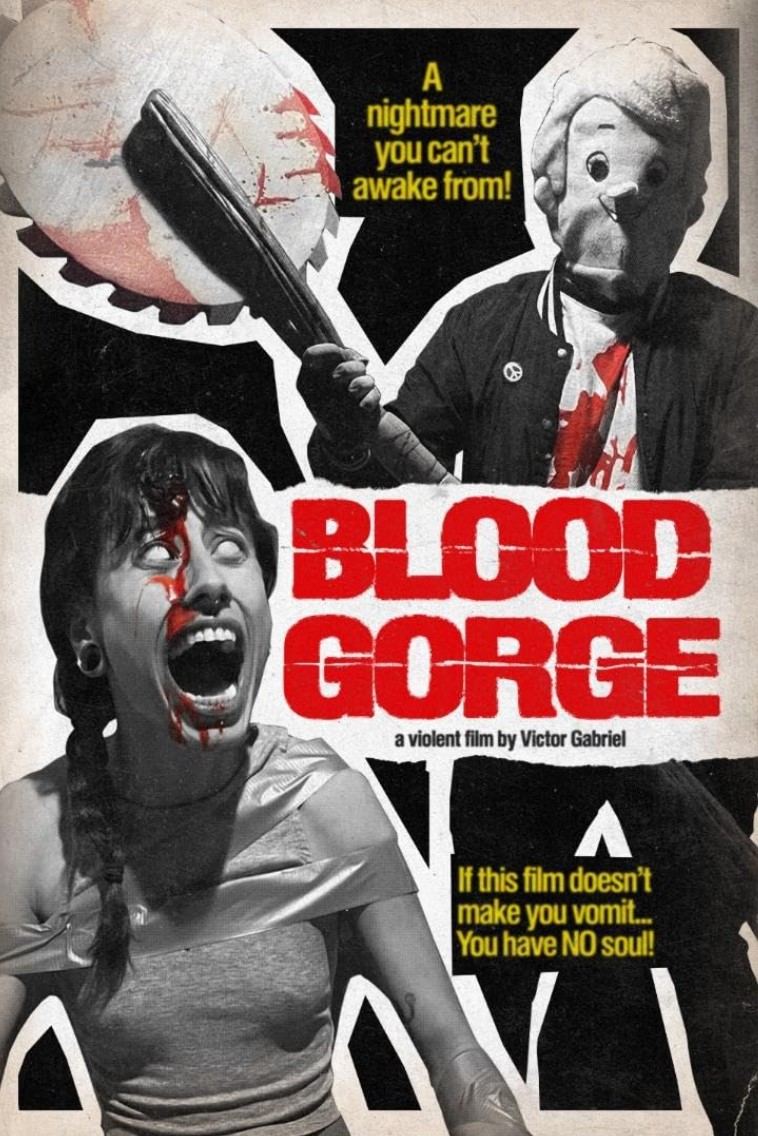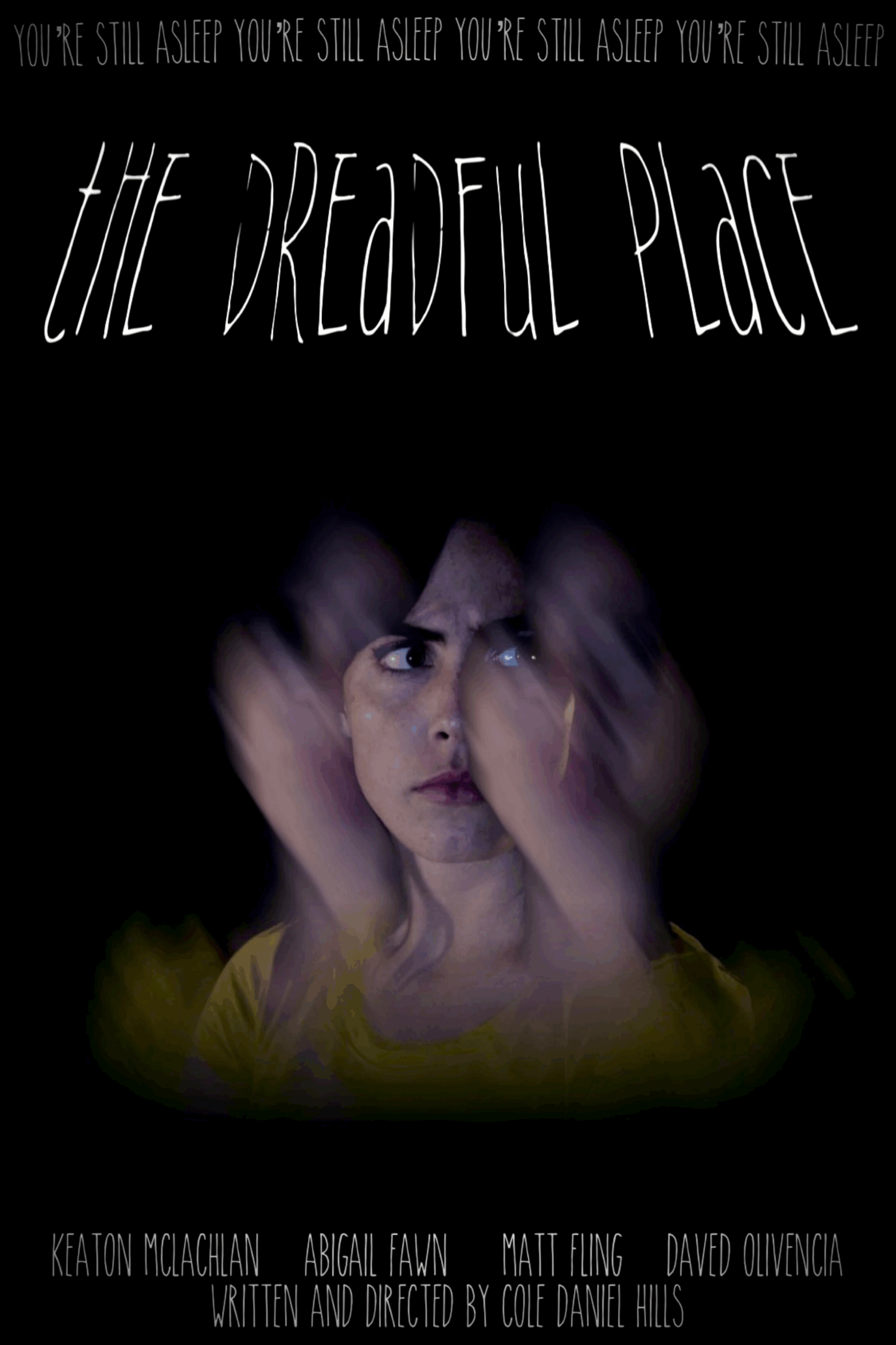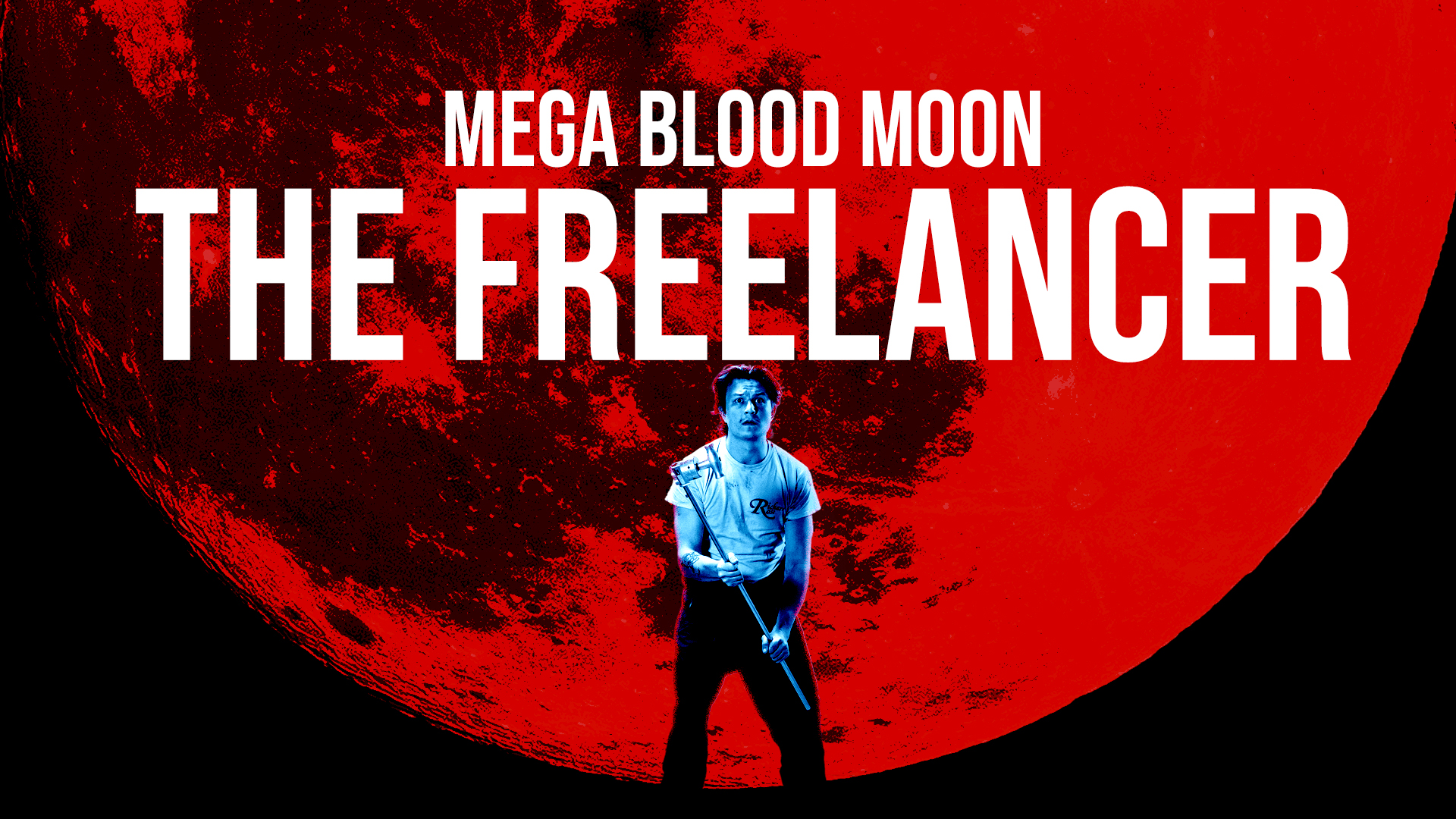It’s now been a few days since the release of Ari Aster’s much-anticipated second feature film, Midsommar, and I’m still in a bit of a daze. It’s as if I experienced the haunting tranquility of the pagan celebration myself.
“Haunting tranquility” is pretty close to what I would describe it as, for many reasons. The first being the brightness, not just in literal sunlight but in people. Northern Sweden during the summer is exactly that — the sun is always up. There are also many reports rating citizens in Scandinavian countries among the happiest in the world. Warm daylight, flowers, food, and festivities (coupled with some mood-enhancing drugs) sounds like an awfully delightful way to spend the summer.
Which is why it’s also haunting, considering a major plot point in the film has grief woven all throughout it. But before I get too far into it, let me give a quick summary. Four friends take a trip to another’s home village in Sweden to experience their Midsommar celebration. Dani, recovering from her sister and parents’ recent murder-suicide, clings to her indifferent and distant boyfriend as she tries to drown out her sadness on their previously “boys-only” trip. What was supposed to be a relaxing and insightful experience, both for fun and to finish one friend’s graduate thesis, turns into a nauseating trip where death is actually a good thing.
Like most people, I was super excited for Midsommar’s release, and had been following it for the past few months; Hereditary was one of my favorite films of 2018, if not all time, so hearing about a companion piece to that film certainly peaked my interest.
Like Hereditary, Midsommar approaches concepts like death and grief from a very odd place. Normally we see grief after a loved one’s passing as a stepping stone towards healing. Here, intense sadness like that of Dani’s is almost seen as a joke. Why be sad when you or a person you lost has lived a fulfilling life.? Why cry or be upset when you could be experiencing all the other emotions the human brain is capable of creating.? We are literally given scenes where characters in the village say these types of things or mock the painful cries of others — not in a bad way, but as a way to help others see the nonsense in grief.
I think there are two ways you can identify with movie characters: being involved or caring about them (for example, with any Final Girl), or just being a watcher. Midsommar is definitely a film of the second type. There are instances when you could care about a particular character, but for the most part you’re silently watching it all play out. You are indifferent. I think this was a smart move on Aster because instead of feeling fear or confusion, you feel like you should feel something. It’s not that you’re uncaring, you’re simply observing what is happening. I imagine it feeling like you had taken some type of hallucinogen, much like Dani and her friends. Instead of reliving her emotional pain, she eventually calms down and just “lets it happen.” And in a way, she was happier for it.
And from my perspective, that’s the point. As part of the Midsommar ritual, the townsfolk do a quick exhale-inhale. They are exhaling feelings of guilt, sadness, jealousy, and anger, and inhaling life. Like many pagan religions and traditions, they are connecting to something bigger than themselves and are able to open up to another state of being. They tell you exactly what is happening too. Their customs may be weird to those from go-go-go cultures, but slowing down and truly experiencing life leads to a more fulfilling one, even if it is cut short.
Overall, I loved Midsommar. It’s certainly not for everyone, especially if you don’t like slow-paced, thought-provoking art pieces. It is smack-dab in the middle of other “elevated horror” picks, but Midsommar sets itself apart with lessons we all can take a few hints from. Yeah, it’s probably not good to throw yourself off of a cliff when you hit a certain age, but life is more than hardships. There’s a saying that happy times wouldn’t be as happy if it weren’t for sad times (you’d have nothing to compare it to), but Midsommar shows that happiness is a state of mind and not a consequence of your actions. What’s most important is to sit back and breathe.












